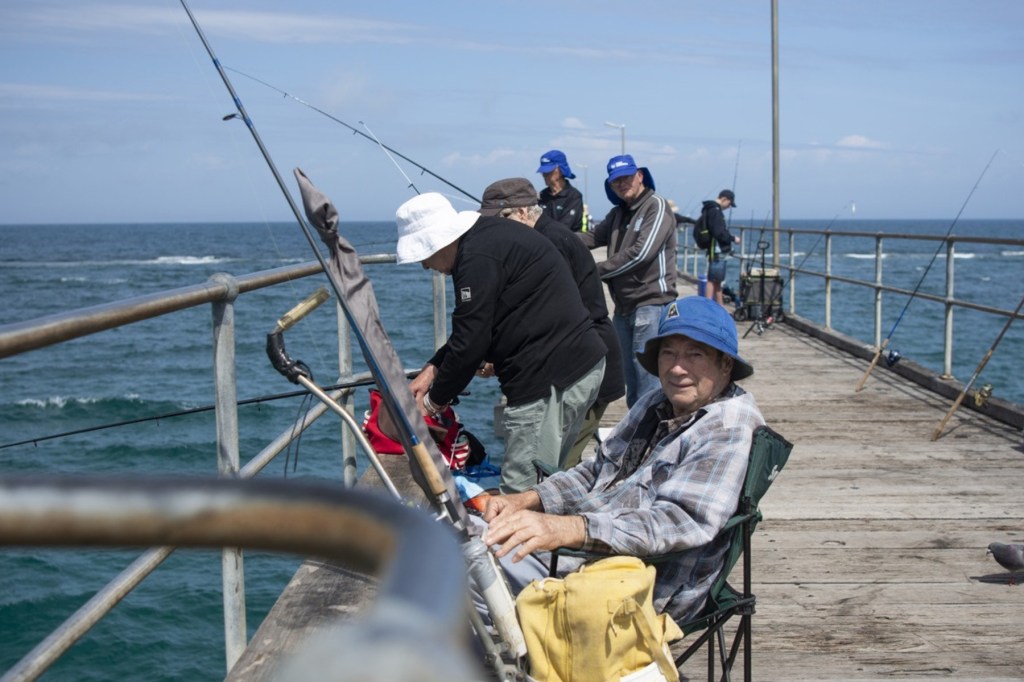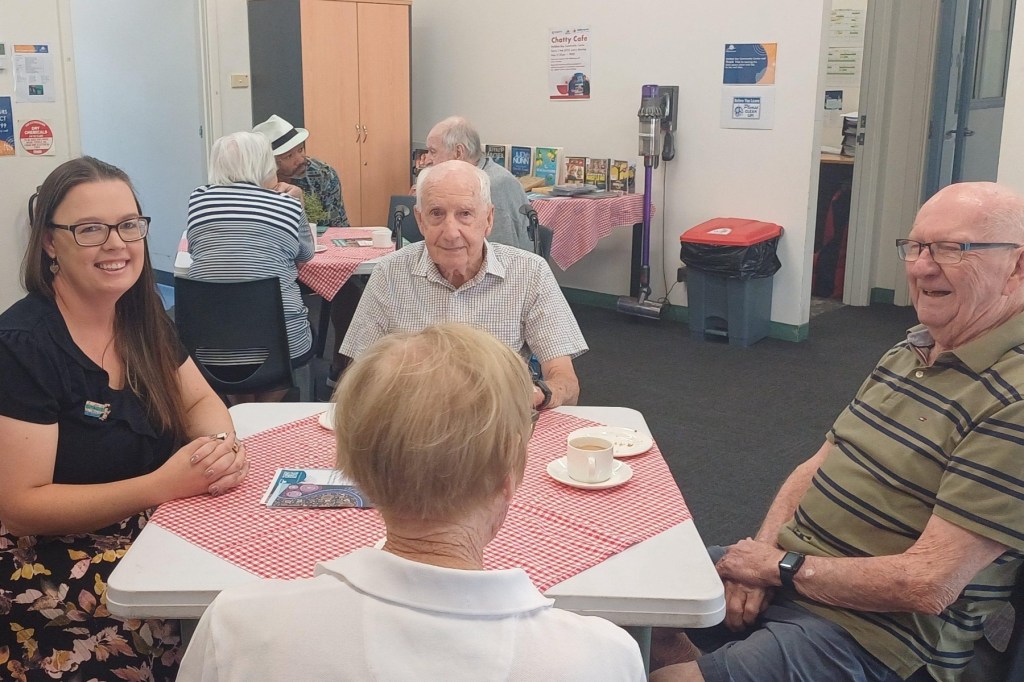Councils at the heart of community wellbeing
Local councils play a vital role in supporting the mental health and wellbeing of their communities. Far beyond essential services, councils deliver a wide range of programs and initiatives that foster connection, reduce isolation and create safe, welcoming spaces for residents, particularly those in need.

With cost-of-living pressures and waitlists for mental health services at an all-time high, councils across the state are providing pathways for people to access support – from opportunities for participation and social connection to suicide prevention networks and providing safe and accessible environments such as libraries, community gardens, men’s sheds and more.
A South Australian first
Libraries have always been more than just books or quiet spaces for study – they are vibrant, inclusive spaces at the heart of their communities, open to all, regardless of circumstance.
With this in mind, the City of Salisbury has become the first local council in South Australia to introduce a library social worker.
Since November 2024, the City of Salisbury has worked in partnership with not-for-profit organisation Sonder, to provide on-the-ground support for both the community and library staff. Lizzie Flaherty, the social worker leading the program, said the pilot takes a two-pronged approach.
“I get to do a lot of great complex work with the community, helping them get to where they want to be and engage in the spaces they need most – while, at the same time, support and upskill staff so they can navigate challenging environments with greater confidence, empathy and a trauma-informed lens,” Lizzie said.
“This not only helps staff feel healthier, happier and more prepared, but also reduces the psychological impact that working in a high-crisis, high-risk setting could be.”
For Lizzie, it’s a dual role, and an incredibly rewarding one.
“I am very lucky that I get to use this opportunity to sit and really listen to people, unpacking and understanding their situations,” she said. “Once we’ve identified the best approach to reach their goals, it’s my role to help connect them with the right support.”
You might like
For the community, the social worker program acts as a liaison for patrons who might not engage with, or be aware of, available support. Nothing is off the table. Anyone can drop in (and, in some cases, make an appointment) to seek help across a wide range of areas, from mental health to homelessness.
Even if the issue falls outside those areas, the program seeks to ensure everyone who walks through the doors can find their way.
“It’s always about working it out together – if I’m not the right person, I’ll find who is,” Lizzie said. “My role is really client focused, making sure people’s needs are met, with no eligibility checklist or barriers.
“The hope is that it can now be done in a sustainable, healthy way that keeps workers and the community safe. The library is that third space that lets people simply be themselves – not at work, not studying or pretending to be something you’re not: just showing up as their true selves, and being OK with that.”
Wellbeing initiatives across the state

In addition to libraries, councils across South Australia are creating opportunities for participation and social connection to prevent loneliness and isolation in accessible, safe environments such as community centres, sporting clubs or parks.
Other programs and services offered by councils include:
City of Tea Tree Gully Council
- Grief and loss cafe: Offers a safe and supportive space where people experiencing grief can share their stories, access resources and connect with others who understand.
City of Onkaparinga
- Friday Fish Feeders: A community driven initiative for people to come together over a meal, sharing skills and knowledge around fishing.
City of Playford
- Support and Social: Programs providing opportunities for connection, wellbeing and inclusion through initiatives such as men’s groups, disability support activities, rural programs and housing assistance.
The Rural City of Murray Bridge
- Mental Health and Wellbeing Expo: A free community event on Friday, October 10, marking its 17th year. Locals can connect with service providers, hear from experts and strengthen their understanding of mental health and wellbeing.

City of Holdfast Bay
- Chatty Cafe: A weekly catch-up where community members share conversation, enjoy refreshments and connect. Each session features a guest speaker offering insights and experiences.
District Council of Grant
- Reverse Colouring Workshops: Two sessions held on October 12 and 26, inviting community members to slow down and explore the mindful art of reverse colouring.
City of Mount Gambier
- Mount Gambier Library: Hosting a month-long program of events in October to foster connection and wellbeing. Activities include Laughter Yoga, talks from guest experts, 3D-printed fidgets and acts of gratitude.
Coorong District Council
- Coorong Conversations Matter: A support group meeting every second Wednesday to promote mental health, build resilience and share knowledge about the help available.
Mid Murray Council
- Mid Murray Suicide Prevention Network: An initiative developed with local leaders and service providers to bring the community together in a series of open forums that promote discussion and provide support for suicide prevention.
These programs are not crisis services. If you, or someone you know requires urgent help, please call 000.
Other support can be found at:
Lifeline – 13 11 14
Kids Help Line – 1800 55 1800
Suicide Call Back Service – 1300 659 467
This article was brought to you by InDaily and LGA South Australia.
Want to see more stories from InDaily SA in your Google search results?
- Click here to set InDaily SA as a preferred source.
- Tick the box next to "InDaily SA". That's it.












